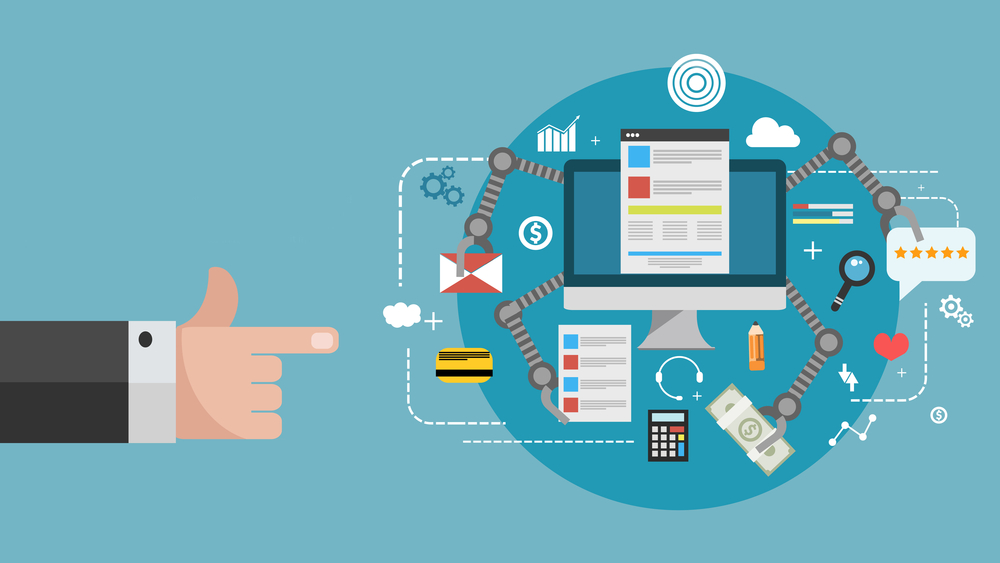The Intersection of Supply Chains and Sales Compensation: SCM + SCMS
Supply chain management (SCM) software is designed to handle the resources and logistics of getting your company’s products to your customers. SCM activity includes sourcing and ordering raw materials from various suppliers, tracking them through manufacturing and production, storing finished product, shipping it to customers, and tracking your shipment to its destination. An SCM system can be set up to place orders with suppliers for raw materials before current supplies run out and track the efficiency of each department involved in production processes.
Supply chain management models
SCM systems follow one of several models. A continuous flow model increases efficiency and stability and is well-suited for high-volume manufacturing. The fast chain model is built for responsiveness, ideal for the creation and production of trending products. The efficient chain model is useful in highly competitive industries where efficiency is key to success. An agile model is perfect for manufacturers of specialty items that rely more on expertise than automation. The custom-configuration model provides custom setups for limited production of goods. The flexible model requires a broader supplier network as it attempts to cover all bases, but it's useful for managing businesses that experience dramatic swings in demand.
Your business can benefit from an SCM system in several ways, including:
- Fewer quality control issues.
- Decreased inventory and lower overhead.
- Optimized shipping.
- Improved collaboration with suppliers.
- Better risk mitigation.
- Stronger cash flow.
- Improved visibility and data analytics.
- A more agile business.

Sales compensation management
What SCM brings to materials and manufacturing, a sales compensation management solution (SCMS) brings to the world of sales, commissions, and compensation. An automated SCMS eliminates the risk of human error from manual data entry and keeps all compensation data accessible, trackable, and reportable. Creating data trackers from scratch (e.g., Excel spreadsheets) is time-consuming, requiring hours of employee time from several departments to make, document, validate, and pay out sales compensation. With an SCMS, those hours of input and information exchange are eliminated.
A cloud based SCMS offers other benefits as well, including:
- Saved employee time and effort.
- Reliable, centralized data available to HR, accounting, and finance departments.
- Reduced risk of accidental data loss or deletion.
- Hundreds of custom reporting options for each department.
- Easier, more secure data sharing.
- Automation to maintain reliable and actionable insights.
- Scalability to grow with your business.
- Increased data accessibility and transparency.
- Streamlined workflows in and among departments.
How much time does your sales team spend on functions directly related to selling? The answer may surprise you.
Nearly two-thirds of sales rep time is spent on activities that do not generate revenue, leaving only about 35% available for selling. Time management skills are one of the most desirable qualifications for sales team personnel and one of the best indicators of success, but fewer than one-third of sales reps use any type of structured time management methodology. Without a streamlined time management approach, performance numbers can dwindle.

Better together
Companies can overcome this trend by partnering with their sales teams to increase efficiency and customer satisfaction. One effective way to accomplish this is to reduce the time required to complete repetitive administrative tasks. Well-implemented enterprise systems have a multiplier effect on sales results.
Enterprise resource planning (ERP) software brings several business functions together in one place. Customer relationship management (CRM) software manages customer data and is designed to respond to both current and potential clients to build relationship value. And supply chain management (SCM) systems handle vital sourcing and logistics processes.
SalesVista’s SCMS incorporates incentive and commission planning with rules-based automation and calculation, which makes it easy for sales, finance, and accounting teams to plan, validate, adjust, pay out, track, and measure sales team compensation and performance. Enhanced accuracy, efficiency, and control provide your teams with the transparency and motivation they need for a better employee experience.
Integrating all your various enterprise systems increases productivity, profit margins, sales performance activity, and business process efficiency, and it’s the most effective approach for building a well-rounded and successful organization.
To learn more about the benefits of integrating your enterprise management systems with SalesVista’s comprehensive SCMS, request a demo today.
Share this
You May Also Like
These Related Stories

Why is an SCMS ideal for Finance and Accounting?

op Benefits of Sales Compensation Management Solutions for FP&A Teams
